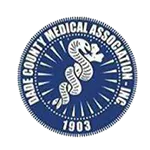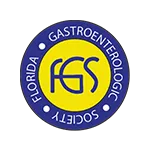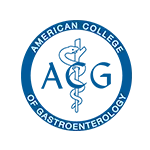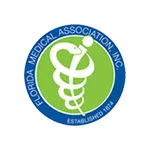Being diagnosed with Crohn’s disease will necessitate certain diet adjustments since certain foods could aggravate your symptoms. According to the Crohn’s and Colitis Foundation, Crohn’s disease could likewise interfere with the ability of the body to absorb and digest nutrients, so you will have to make certain that you’re getting enough nutrients.
With this in mind, you need to work closely with your gastroenterologist here at Digestive Medicine Associates in our Coral Gables, Pembroke Pines, or Hialeah/Miami, FL, office to craft a diet plan that is customized to your specific needs and Crohn’s disease symptoms. In general, however, these basic diet recommendations can help in minimizing your symptoms during flares:
- Drink water in small amounts all throughout the day.
- Opt for smaller meals scattered throughout the day rather than the typical three big meals.
- Avoid foods rich in fiber. While fiber, in most individuals, is crucial to proper digestion, individuals with Crohn’s disease usually experience bloating and diarrhea when eating fiber-rich foods during flares.
- Refrain from consuming raw veggies and fruits as well as their cooked skins. During flares, opt for peeled, pureed, and cooked veggies and fruits.
- Avoid popcorn, seeds, and nuts, as these could particularly harder to digest, resulting in irritating your digestive tract.
- Don’t eat prunes. Although prunes are beneficial for individuals with regular digestion and without bowel inflammation, they could aggravate your symptoms during flares.
- Refrain from eating spicy and hot foods because these have chemicals that could easily irritate the digestive system.
- Avoid eating fried, greasy, or fatty foods since these could worsen your symptoms, particularly if your small intestine is inflamed.
- Limit your consumption of dairy items if you’re lactose-intolerant. Some individuals with Crohn’s have difficulty digesting lactose.
- Limit carbonated, caffeinated, and alcoholic drinks. These could easily irritate the bowel and worsen your digestive symptoms.
- Start a food diary. Food triggers vary widely from one individual to another, so writing down how you felt after eating specific foods will help you better determine your own food triggers.
Getting the nutrients you require for good health is best sourced from real food, whether or not you have Crohn’s disease. However, your gastroenterologist in our Hialeah/Miami, FL, Coral Gables, or Pembroke Pines, FL, office might recommend certain dietary supplements if your condition is causing nutrient deficiencies. Likewise, while diet plays a significant role in alleviating your symptoms, you will still need medication to manage your condition effectively.
Talk to Us For More Tips on Eating Well with Crohn’s Disease
Call (305) 822-4107 to reach our FL offices and book a consultation here at Digestive Medicine Associates.














